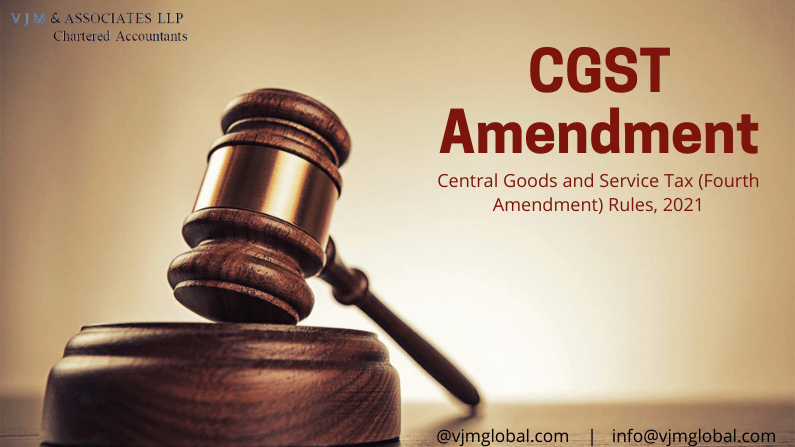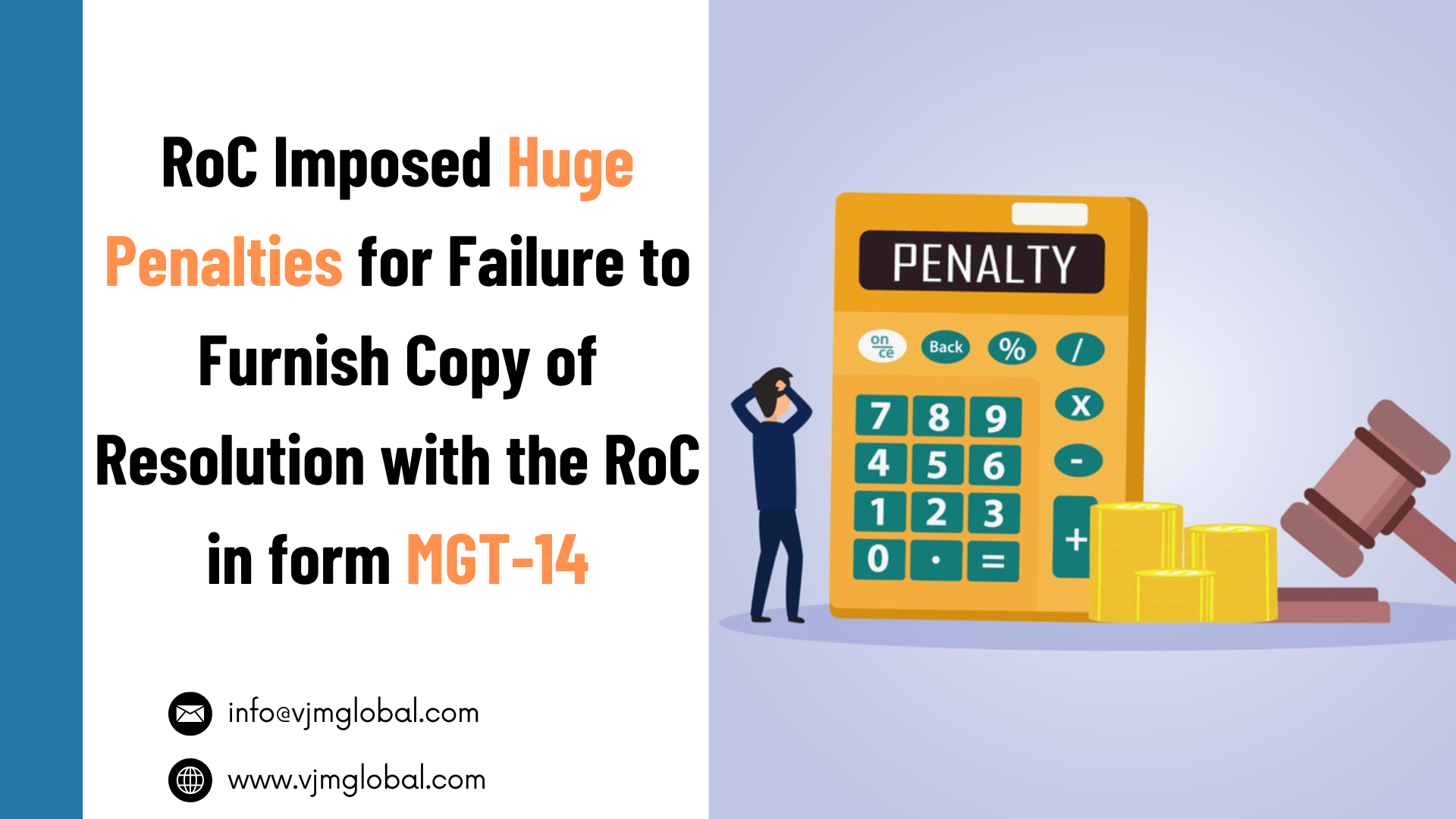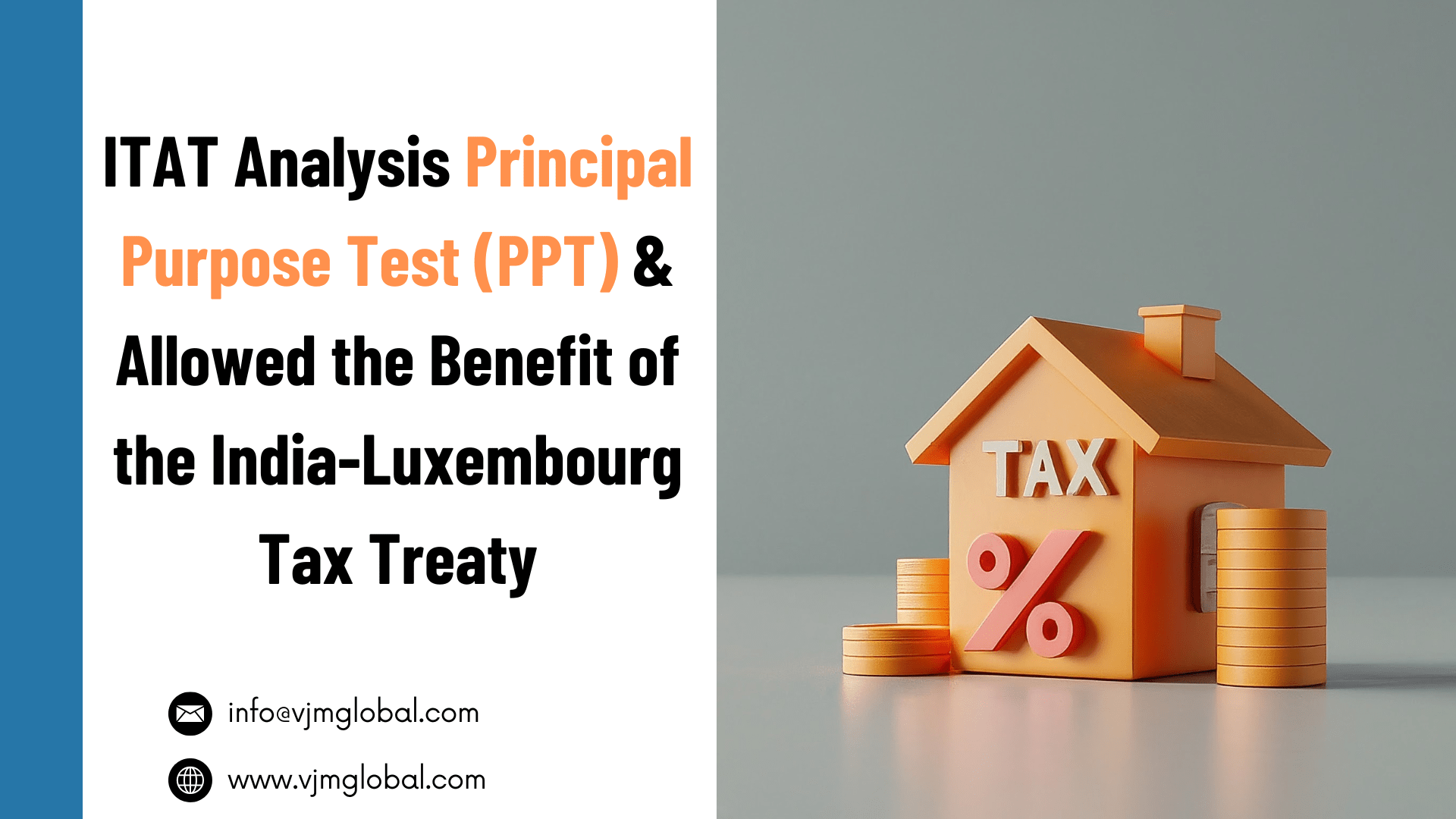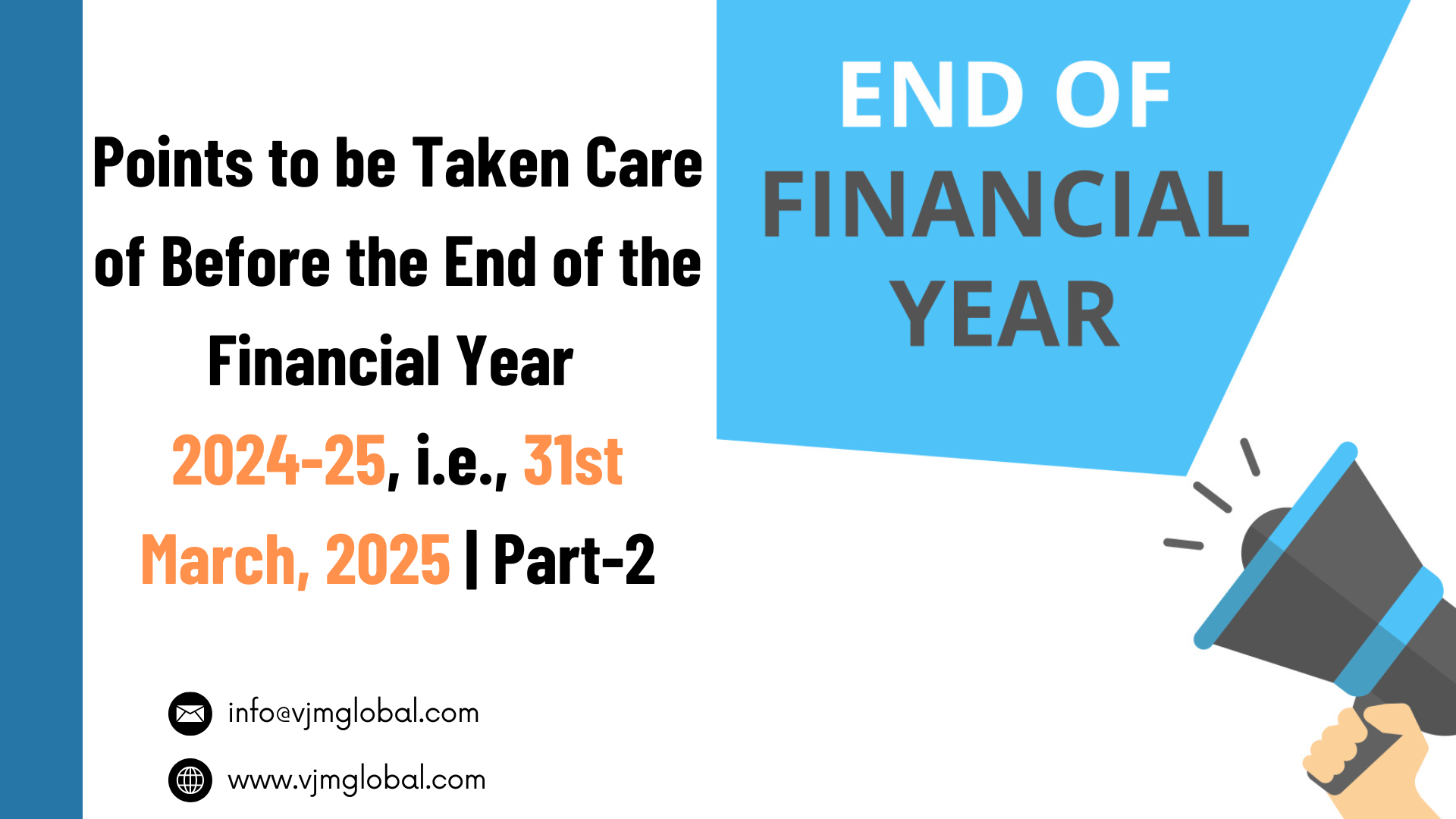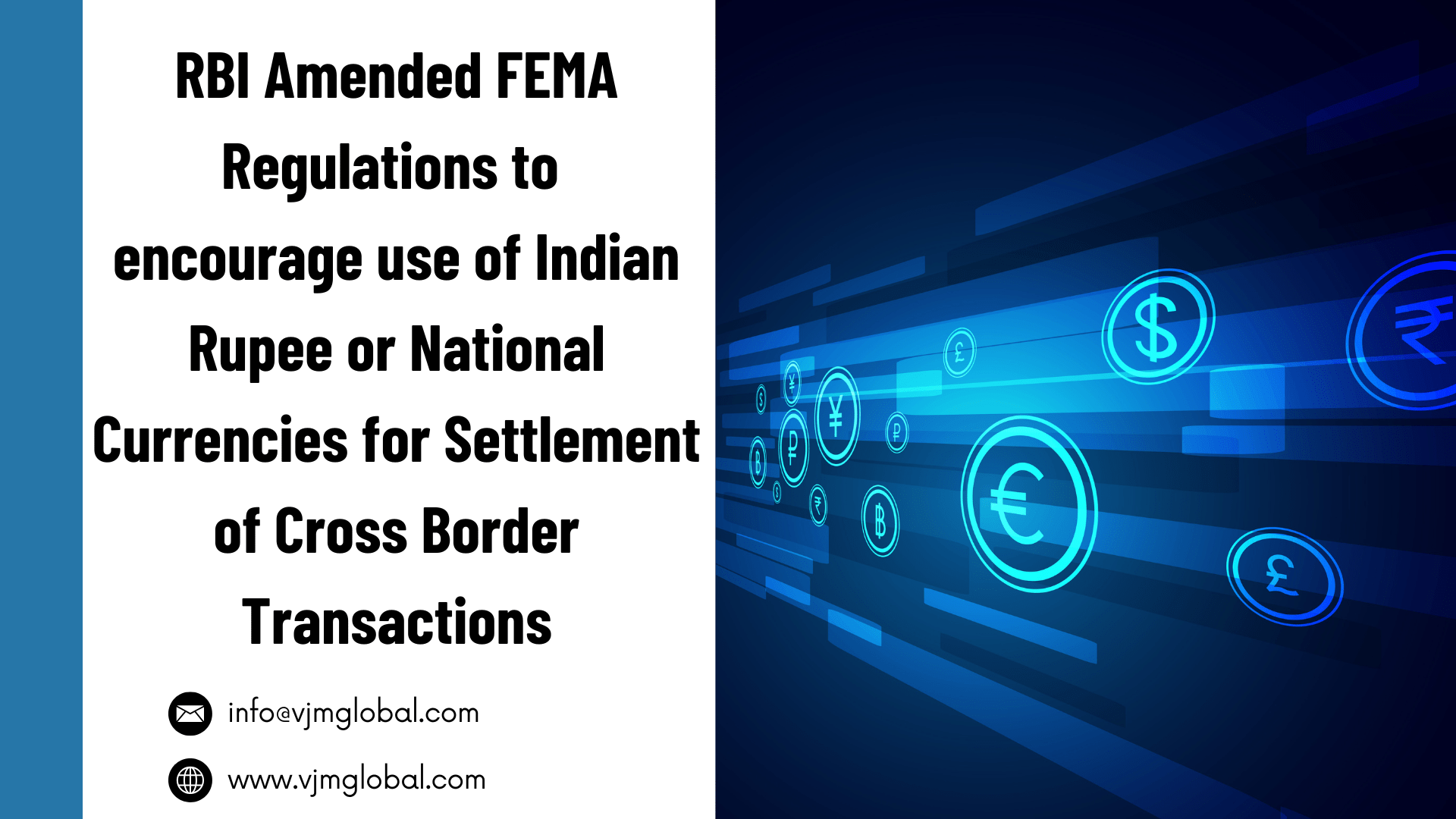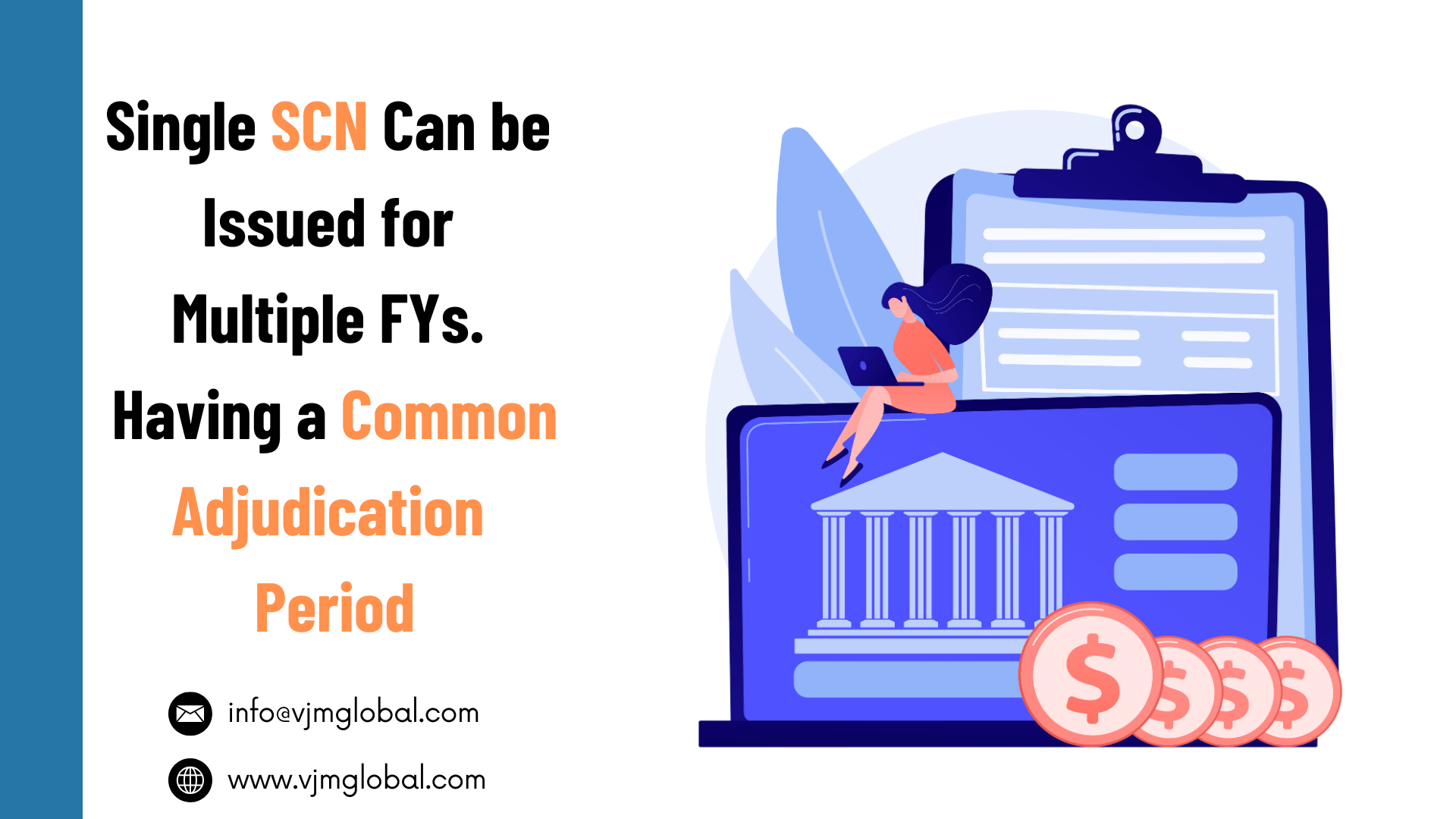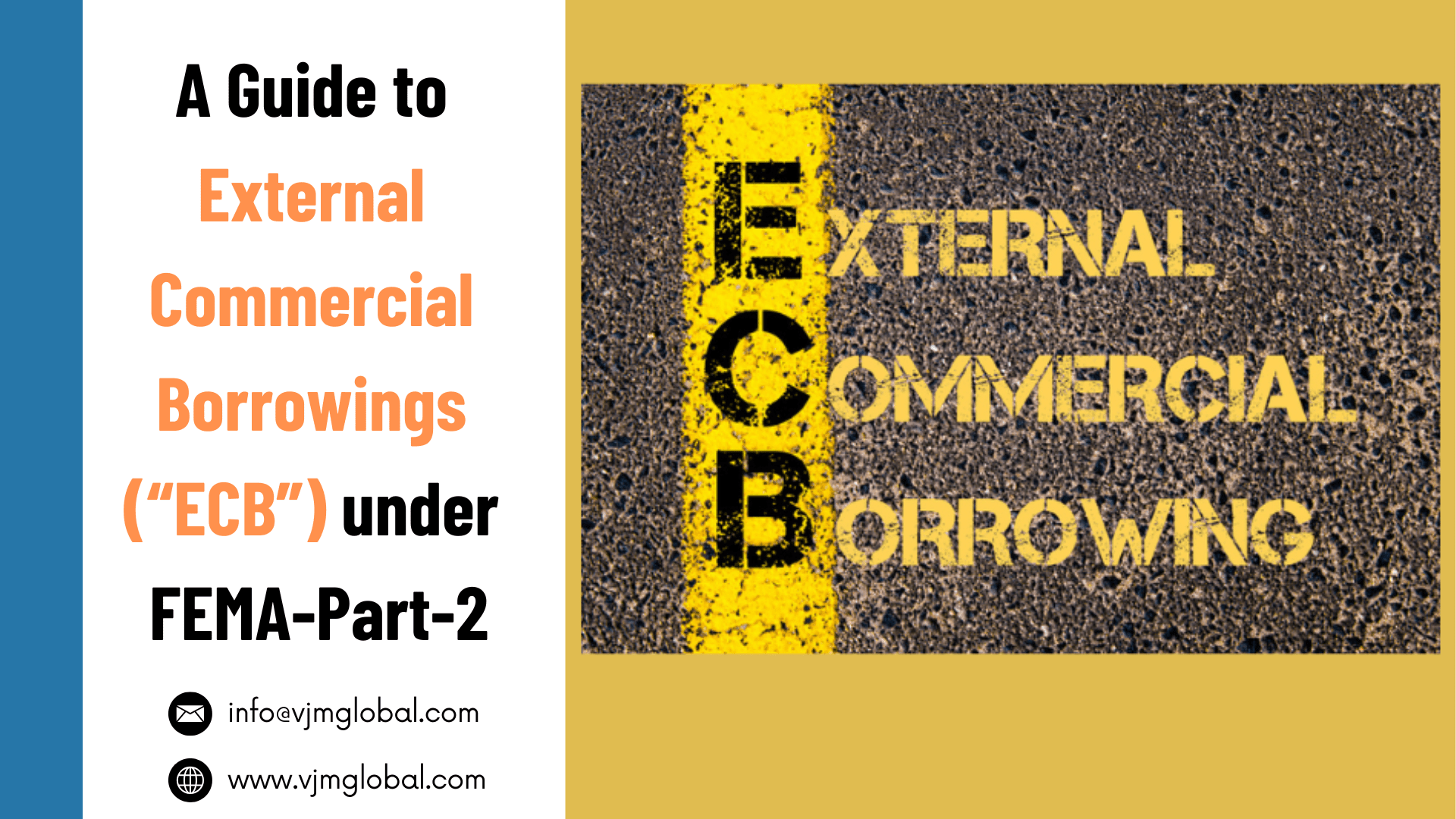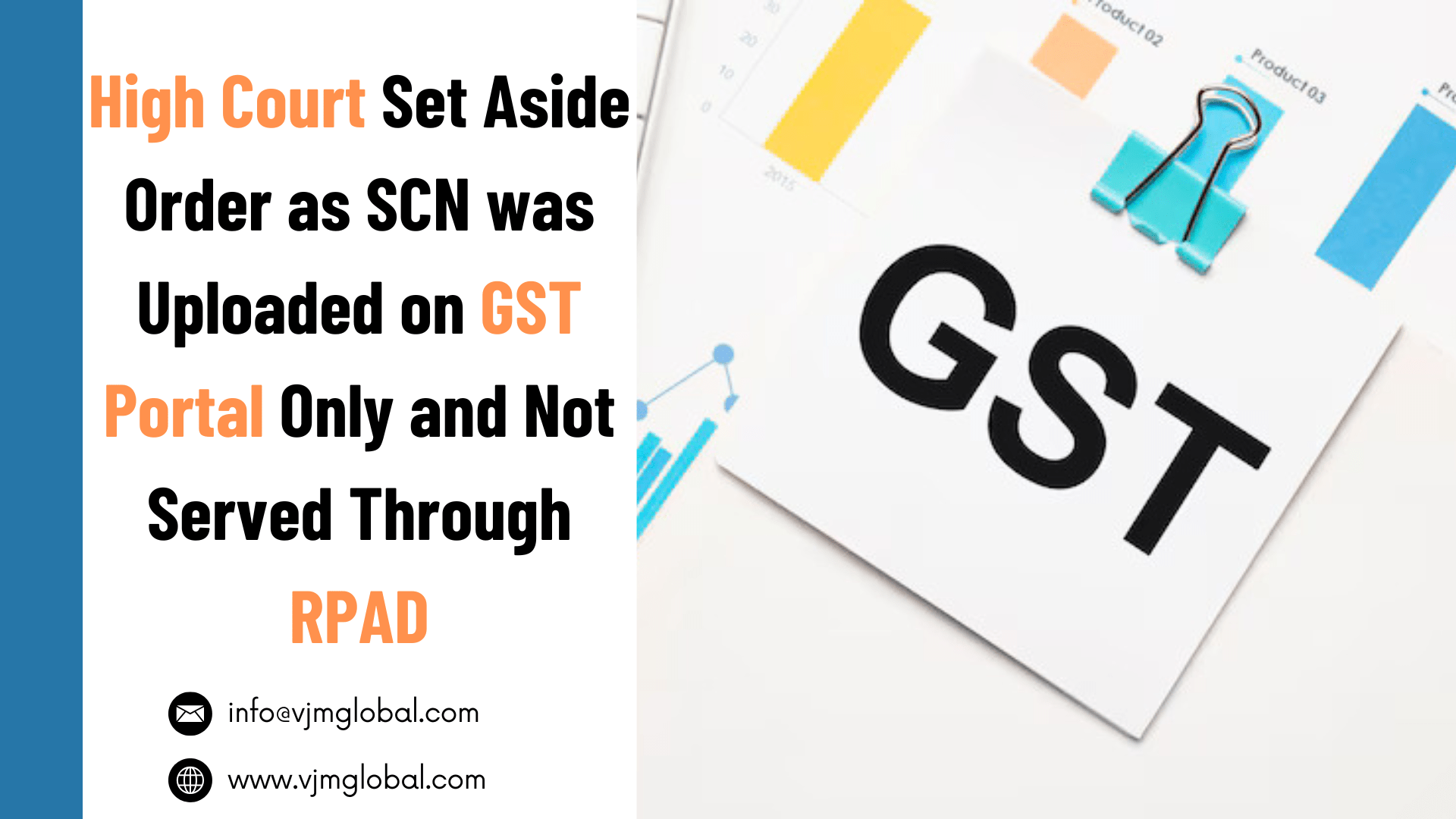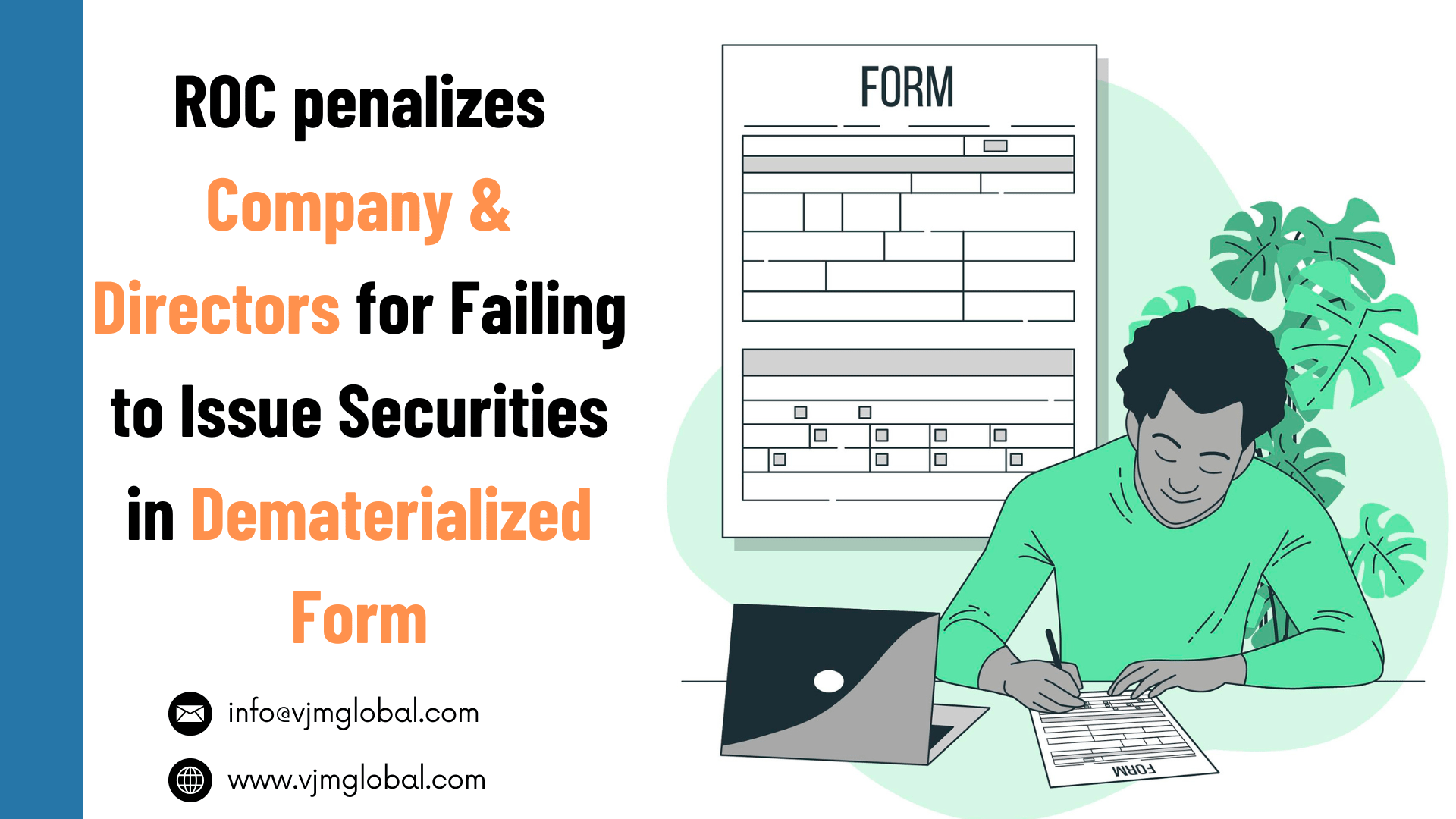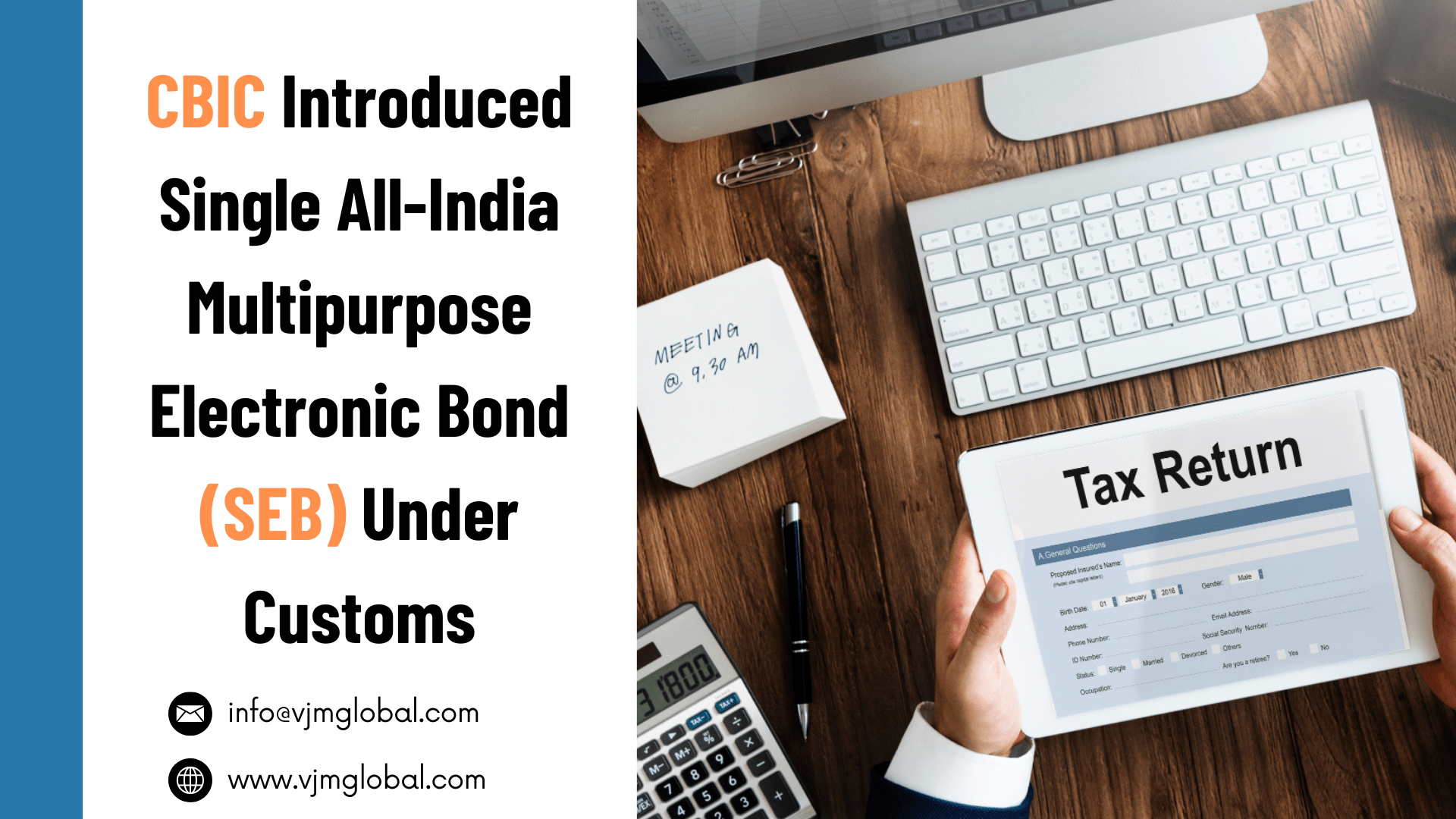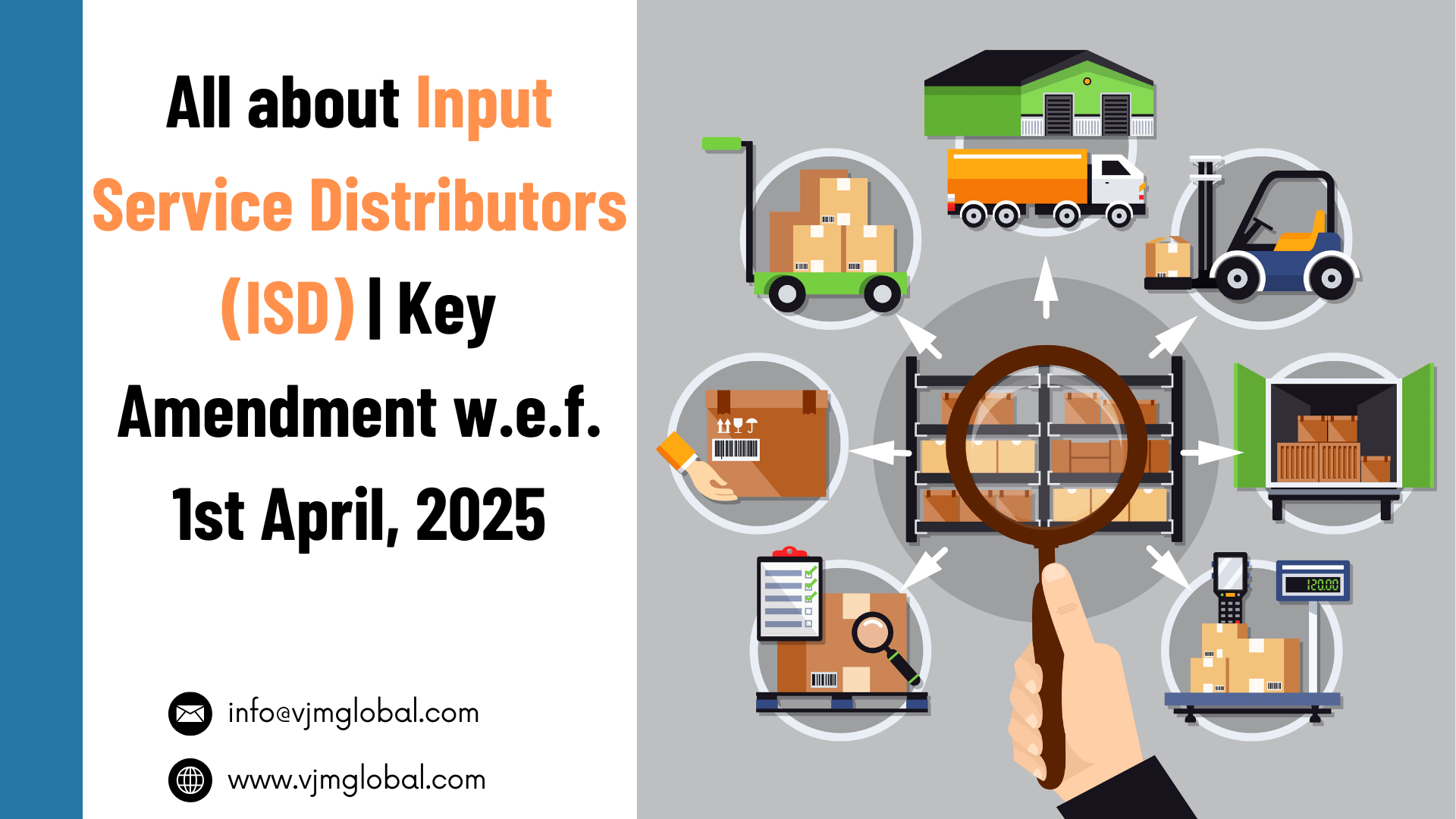Central Board of Indirect Taxes (“CBIC”) has notified Central Goods and Service Tax (Fourth Amendment) Rules, 2021 vide Notification No. 15/2021-Central Tax dated 18th May, 2021 to make amendment in provisions related to Revocation of Cancellation of GST Registration and Refund under GST.
Synopsis of changes made are as follows:
1. Revocation of Cancellation of GST Registration
- As per Section 30 of CGST Act, 2017, a person may apply for revocation of cancellation of GST registration within 30 days from date of service of cancellation order.
- Proviso has been inserted under section 30(1) w.e.f. 1st Jan, 2021 to provide that Additional Commissioner or Joint Commissioner or Commissioner may extend such a period but not exceeding:
- Additional Commissioner or Joint Commissioner- 30 Days
- Commissioner- 30 Days (After the above period)
- In pursuant to Section 30 provision, the period of 30 days has been extended many times.
- However, Rule 23(1) of CGST Act, 2017 provided that revocation application can be filed within 30 days from date of service of cancellation order.
- Therefore, to sync Rule 23 with Section 30, Rule 23(1) has been amended to provide that an application for revocation can be filed within 30 days from the date of service of cancellation order or within such time period as extended by AC or JC or Commissioner.
2. Refund Provisions
2.1 Computation of period of Limitation for Filing of Refund Application
- Refund application can be filed under Section 54(1) within 2 years from the relevant date.
- In case any deficiency is noticed in the refund application, the proper officer shall communicate the applicant about the deficiency in Form GST RFD-03 and will require him to file a fresh refund application.
- A new proviso has been inserted to Rule 90(3) of CGST Rules. It provides that for the purpose of computation of a period of limitation of 2 years, time period from date of filing of refund application in Form GST RFD-01 and till date communication of order of Deficiency in Form GST RFD-03 shall be excluded.
2.2 Withdrawal of refund application
- Under existing provisions, no concept is given for withdrawal of refund application, i.e., once a refund application has been filed then there is no option to revise it unless the proper officer issues a deficiency memo and asks to file a fresh refund application.
- However, a new Rule 90(5) has been inserted which states that a person may withdraw a refund application (Filed in Form GST RFD-01) by filing application in form GST RFD-01W. Withdrawal application can be filed before issuance of :
- Refund sanction order in Form GST RFD-04; or
- Final refund sanction order in Form GST RFD-06; or
- Payment order in GST RFD-05; or
- Refund withhold order in Form GST RFD-07; or
- Notice in Form GST RFD-08
- On filing of withdrawal application, amount debited in Electronic Credit Ledger or Electronic Cash Ledger shall be credited back.
- Format of GST RFD-01W is also prescribed.
2.3 Complete Adjustment of Sanctioned refund against outstanding Demand
- As per Proviso to Rule 92(1) of CGST Rules, 2017, where the sanctioned refund amount is completely adjusted against outstanding demand then the proper officer shall issue the order in Part-A of Form GST RFD-07.
- Therefore, Part-A of GST RFD-07 is related to complete adjustment of Refund.
- However, CGST Amendment (4th) Rules, 2017, has deleted such provision.
- Earlier, For GST RFD-07 was having following 2 parts:
- Part-A-Order for Complete adjustment of sanctioned Refund
- Part-B-Order for withholding the refund
- As per amendment in Rule 92, amended GST RFD-07 has following 2 parts:
- Part-A-Order for withholding the refund
- Part-B-Order for release of withheld refund
3. E-waybill Generation
- Presently, e-waybill generation is not allowed in respect of a transaction where either the supplier or the recipient have not filed their GSTR-3B, GSTR-1 or GST CMP-08 for consecutive two months/ quarters.
- Therefore, where a blocked taxpayer tries to generate e-waybill or e-waybill is generated where GSTIN of a counterparty or transporter is blocked then the system will not allow waybill generation.
- However, CGST 4th Amendment Rules has limited this restriction to GSTIN of suppliers only. Therefore, where the GSTIN of the supplier is blocked for then the system will not allow waybill generation. However, if the GSTIN of the recipient or transporter is blocked then e-waybill can be generated.
| GSTIN of Supplier | GSTIN of recipient/Transporter | Waybill Generation |
| Unblocked | Unblocked | Allowed |
| Blocked | Unblocked | Not Allowed |
| Unblocked | Blocked | Allowed |
| Blocked | Blocked | Allowed |

